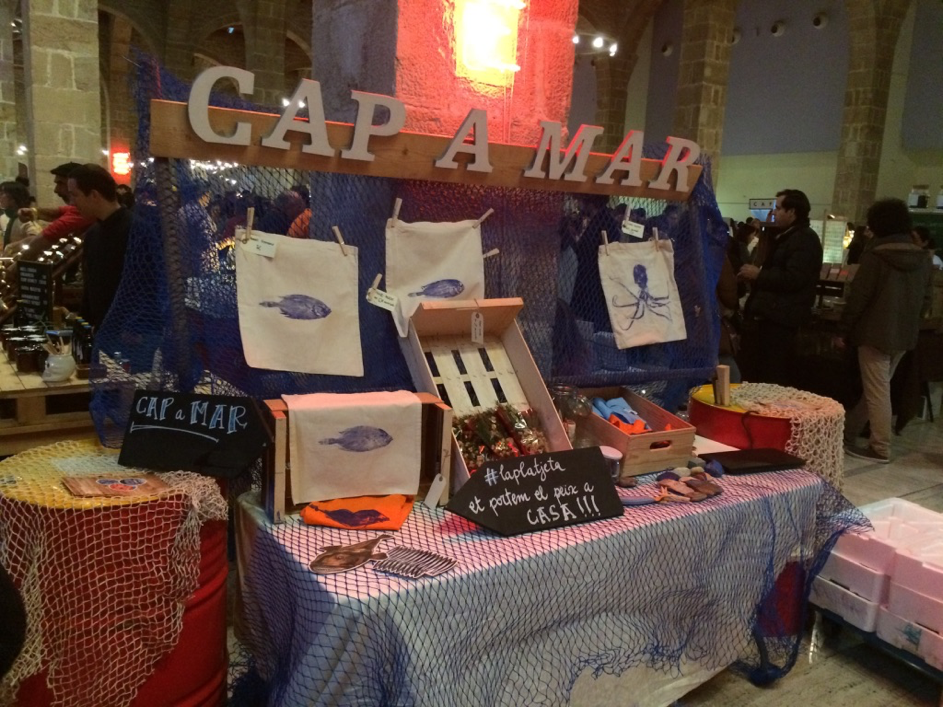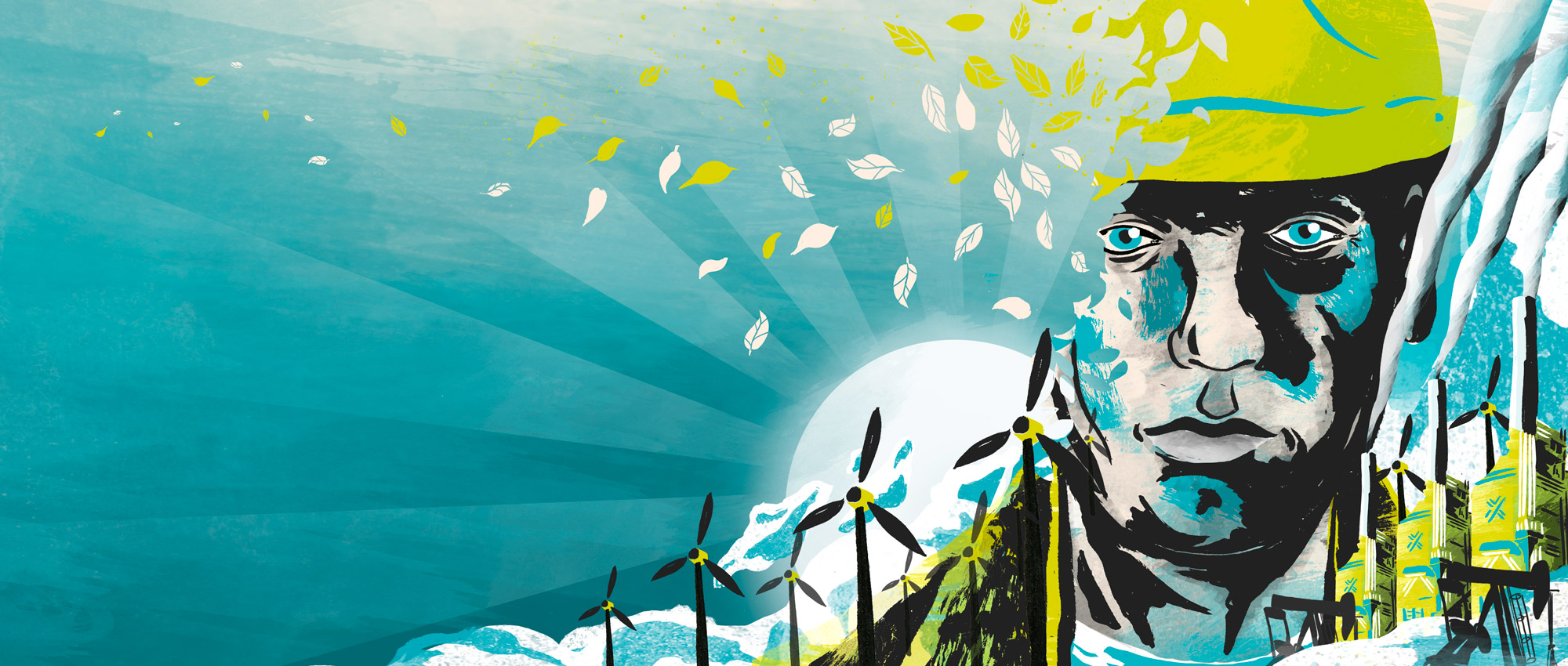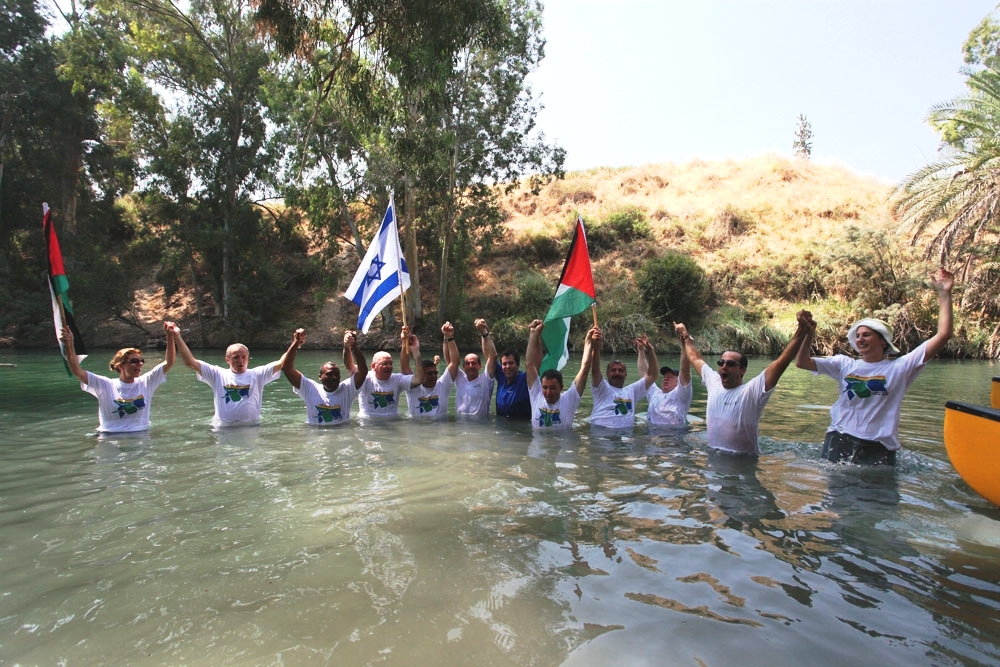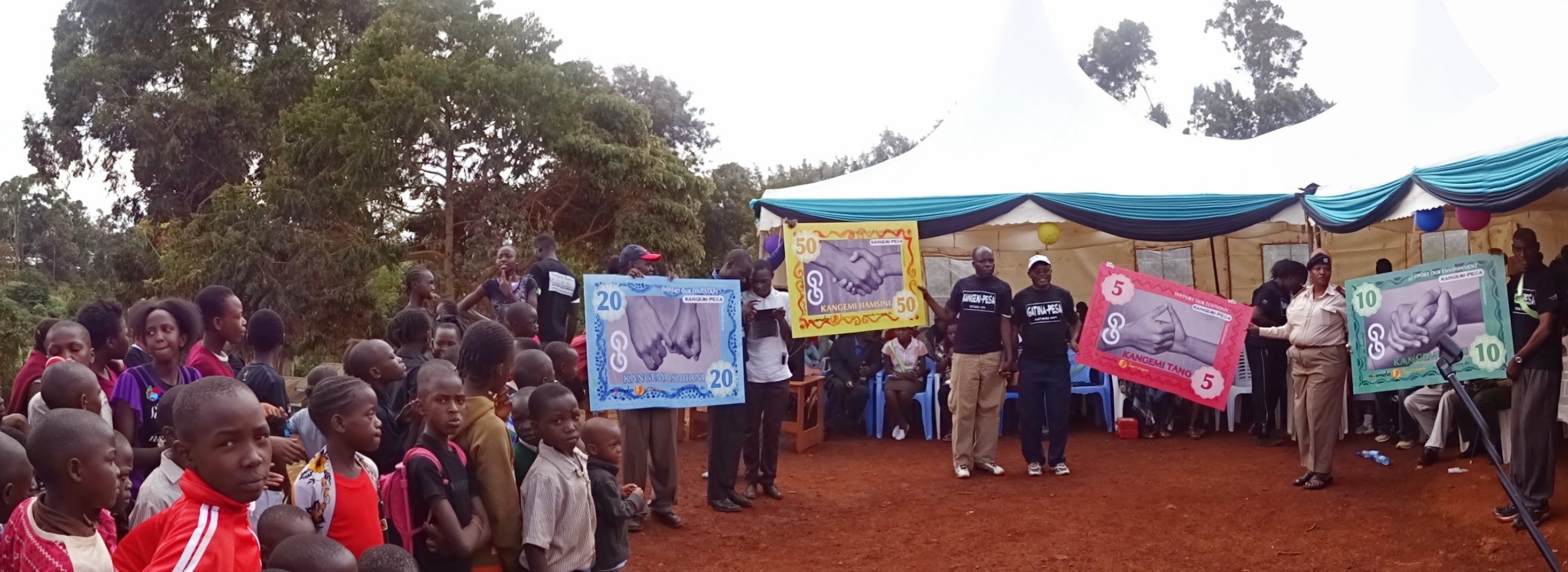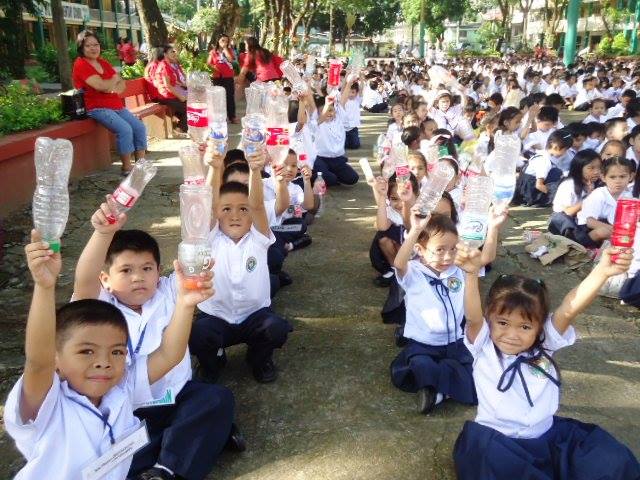
La Platjeta – the future of fishing may lie in its past.
You have probably heard of veggie baskets - but have you ever heard of a fish basket? (See our post on Fish Box for more on this). The initiative “La Platjeta”, based in Barcelona, Spain, delivers fish baskets, fresh from the sea, to their clients. The peculiarity of their model is that species other than the ones the market dictates are targeted: La Platjeta has specialised in seasonal fish and species [...]
Iron and Earth: Changing the narrative about Canadian energy futures
Canada’s oil sands, located in the province of Alberta, are a source of tension when it comes to envisioning the future of Canada’s environment and economy. To some, this resource represents jobs and wealth, with oil reserves worth an estimated $285 billion dollars. To others, the oil sands have no place in the future of the Canadian economy due to regional environmental degradation and climate change impacts. Also, unstable global [...]
EcoPeace Middle East: Environmental Peacemaking for transboundary water management in Israel, Palestine, and Jordan
Citizens of Israel, Palestine, and Jordan know about borders. Crossing between these regions requires rigorous checkpoints and determination. However, the waterway shared between these neighbors, the Jordan River, knows no political boundary. Recently, the Jordan River Basin has experienced massive declines in quality –93 percent of its original flow has been diverted by neighboring states; it is also affected by pollution from sewage, agricultural runoff, and fish pond effluent [...]
Grassroots Economics: Complementary Currencies for community resilience in Kenya
Money is a powerful force in complex societies. It represents access to food, security, and health. In some cases it represents freedom itself. Money is credit, and in the case of national currencies, a piece of money (whether it be a dollar, a rupee, or a yuan) represents an IOU from the government. Money’s ultimate power lies in our collective faith in its value. The movement of money allows products [...]
Predator Free New Zealand
Can ancient unique ecosystems be protected in an age of global movement of plants and animals? Predator Free New Zealand 2050 is a plan being implemented by the New Zealand government to eliminate all invasive vertebrate predators, including rats, brushtail possums, and stoats, to protect New Zealand's rare endemic species. The government plan arises from a broader set of social and scientific initiatives. The plan aims to dramatically reduce NZ’s populations [...]
Melbourne, Australia: A model for how cities can lead the energy transition
Over half of the world’s population lives in cities, and rates of urbanization continue to increase. In the Anthropocene, cities are significant players. Dense concentrations of people and resources, while sometimes environmentally taxing, are also fertile grounds for cooperation and models of sustainability. Melbourne, Australia started turning heads in 2015 when they put forward a simple, yet revolutionary, model for renewable energy transition. Thirteen of the largest institutions in the [...]
Students activating recycling awareness: Eco-savers in Marikina City, Philippines
How can a municipality create a waste recycling program where there is none? Yes, municipal recycling programs need bins, and trucks, and recycling plants, which money can buy. However, one of the most important ingredients needed is community buy-in. In the Philippines, recycling is not a very popular pastime. Many people are actively skeptical of recycling programs because they find waste separation messy and difficult. Recycling programs are often temporary, [...]
Green Wave: The Future of Ocean Farming
Imagine the future of farming. You are probably envisioning rolling hills, tractors, and green fields. Now turn your attention to the seas. For some, this is the frontier. The sea is the future of farming. Green Wave is realizing this vision. They are developing and promoting a new form of marine aquaculture which they call “3D Ocean Farming”. This method consists of using the whole ocean column to create a [...]
RECENT POSTS
NEWS CATEGORIES
POST TAGS
WHAT ARE SEEDS
Seeds are existing initiatives which hold potential to shape the future. They are likely not widespread nor well-known. They can be social initiatives, new technologies, economic tools, or social-ecological projects, or organisations, movements or new ways of acting that have that appear to be making a substantial contribution towards creating a future that is just, prosperous, and sustainable.
We gather seeds from diverse research disciplines, communities of practice, and individuals that have different world-views, values, and problems. This diversity means that not everyone will agree on the importance or value of every seed.

